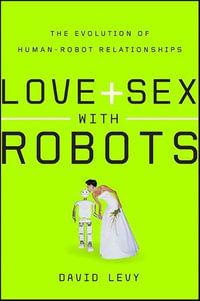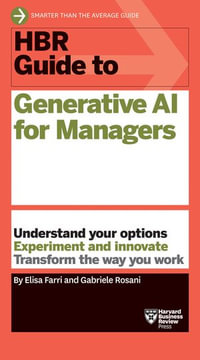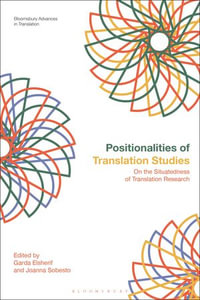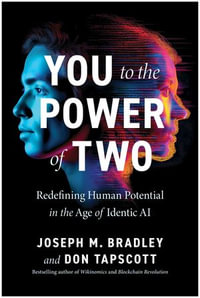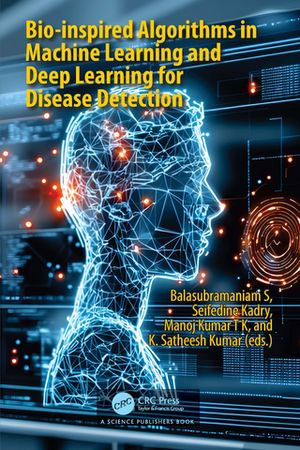
Bio-inspired Algorithms in Machine Learning and Deep Learning for Disease Detection
By: Balasubramaniam S (Editor), Seifedine Kadry (Editor), Manoj Kumar TK (Editor), K. Satheesh Kumar (Editor)
eText | 13 March 2025 | Edition Number 1
At a Glance
eText
$112.19
or
Instant online reading in your Booktopia eTextbook Library *
Why choose an eTextbook?
Instant Access *
Purchase and read your book immediately
Read Aloud
Listen and follow along as Bookshelf reads to you
Study Tools
Built-in study tools like highlights and more
* eTextbooks are not downloadable to your eReader or an app and can be accessed via web browsers only. You must be connected to the internet and have no technical issues with your device or browser that could prevent the eTextbook from operating.
ISBN: 9781040329443
ISBN-10: 1040329446
Published: 13th March 2025
Format: ePUB
Language: English
Publisher: Taylor & Francis
Edition Number: 1
You Can Find This eBook In
This product is categorised by
- Non-FictionMedicineNursing & Ancillary ServicesBiomedical Engineering
- Non-FictionComputing & I.T.Information Technology General IssueHealth & Safety Aspects of IT
- Non-FictionComputing & I.T.Computer ScienceImage Processing
- Non-FictionMedicineClinical & Internal MedicineDiseases & DisordersInfectious & Contagious Diseases
- Non-FictionComputing & I.T.Computer ScienceArtificial IntelligenceMachine Learning
- Non-FictionMedicineMedicine in GeneralPublic Health & Preventive MedicinePersonal & Public Health / Health Education
- Non-FictionEngineering & TechnologyElectronics & Communications EngineeringElectronics Engineering

